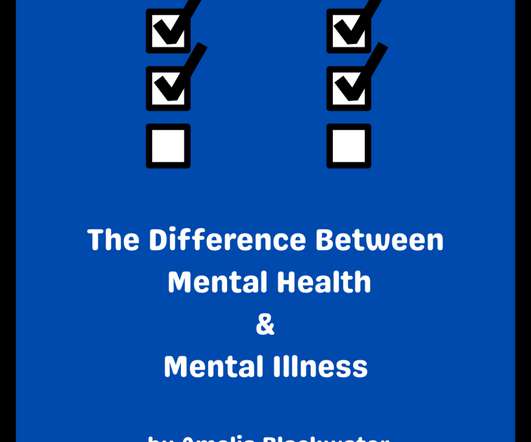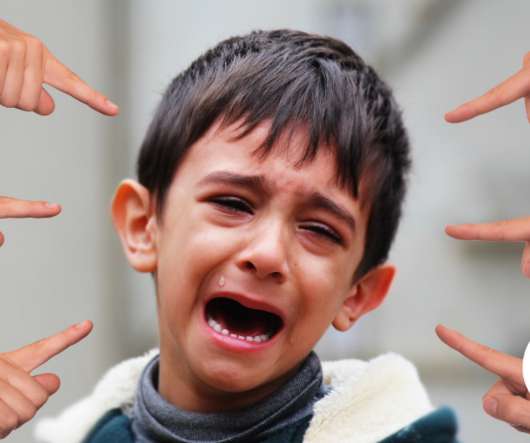Culturally Informed Therapy for Schizophrenia: A Review
Society of Clinical Psychology
DECEMBER 13, 2022
One such intervention is the 2021, Clinician Guide for Culturally Informed Therapy for Schizophrenia: A Family-Focused Cognitive Behavioral Approach by Amy Weisman de Mamani, Merranda McLaughlin, Olivia Altamirano, Daisy Lopez, and Salman Shaheen Ahmad 5. empathy) that lead to positive treatment outcomes for patients with schizophrenia.



















Let's personalize your content